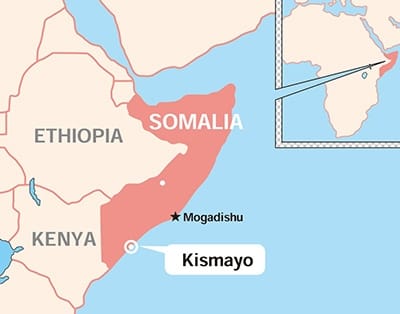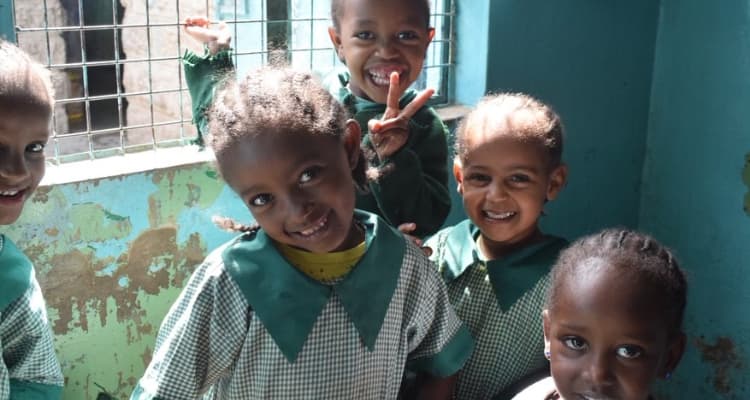Somalia: Launching a joint project with UN-Habitat- Supporting the creation of a society where internally displaced people, returnees and host communities can coexist.
In January this year, REALs (Reach Alternatives) launched a joint project with UN-Habitat (United Nations Human Settlements Programme) in Kismayo, a city in the southern part of Somalia, to promote social cohesion in order to create a society where internally displaced people, returnees, and host communities can live in harmony.

In Somalia, the civil war has continued since 1991, and the number of internally displaced people has reached approximately 2.65 million (*1). Conflicts between regions and clans, as well as active terrorist organizations and gangs such as Al Shabaab, have resulted in an unstable social situation.
In Kismayo, where REALs operates, about 87,000 internally displaced people (*2) have taken refuge, and the population has rapidly increased from 160,000 (*3) due to the return of displaced people. However, there is an overwhelming shortage of land, housing, and jobs. In such a situation, conflicts and confrontations between the original residents and internally displaced people, as well as between rival clans, are likely to become more acute.
Therefore, REALs will work to promote social cohesion among people of different ethnicities, cultures, and values, so that they can understand each other's differences, cooperate with each other, and tolerate each other at a moderate distance, in order to create a sustainable and stable society.
REALs will train youth leaders in social cohesion and conflict prevention, as well as how to organize events to strengthen social cohesion. Youth leaders will be selected from young people who are particularly vulnerable in unstable societies. REALs will then support the youth leaders in planning and implementing youth-led social cohesion community activities.
The project is scheduled to run until the end of September this year.
REALs will work to build a society in which people who have been exposed to violence and conflict can live without further conflict and further displacement.
We ask for your support in this endeavor.
(*1) January 2020, UNHCR
(*2) April 2020, UNHCR
(*3) 2014, UNFPA







